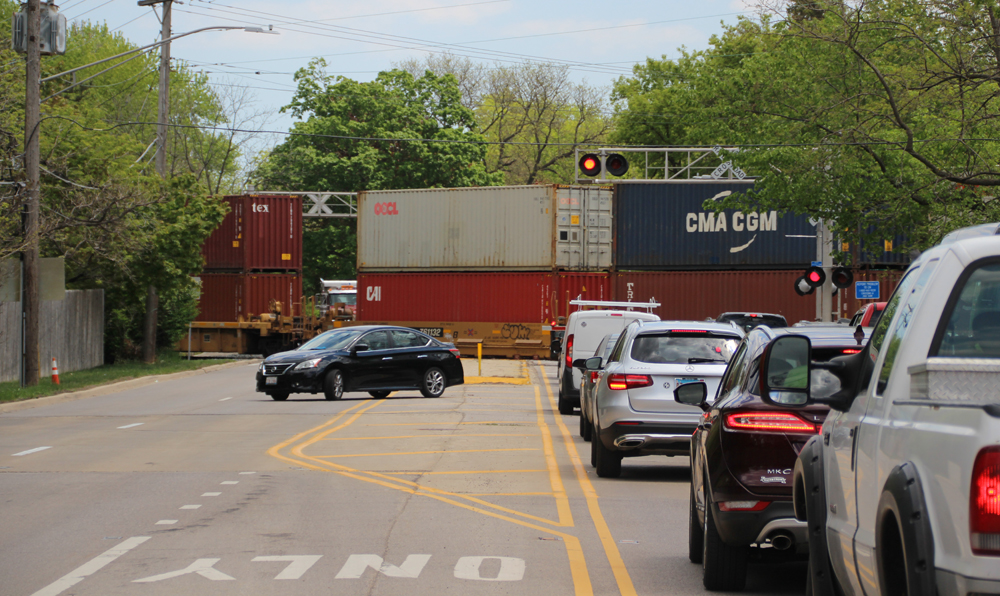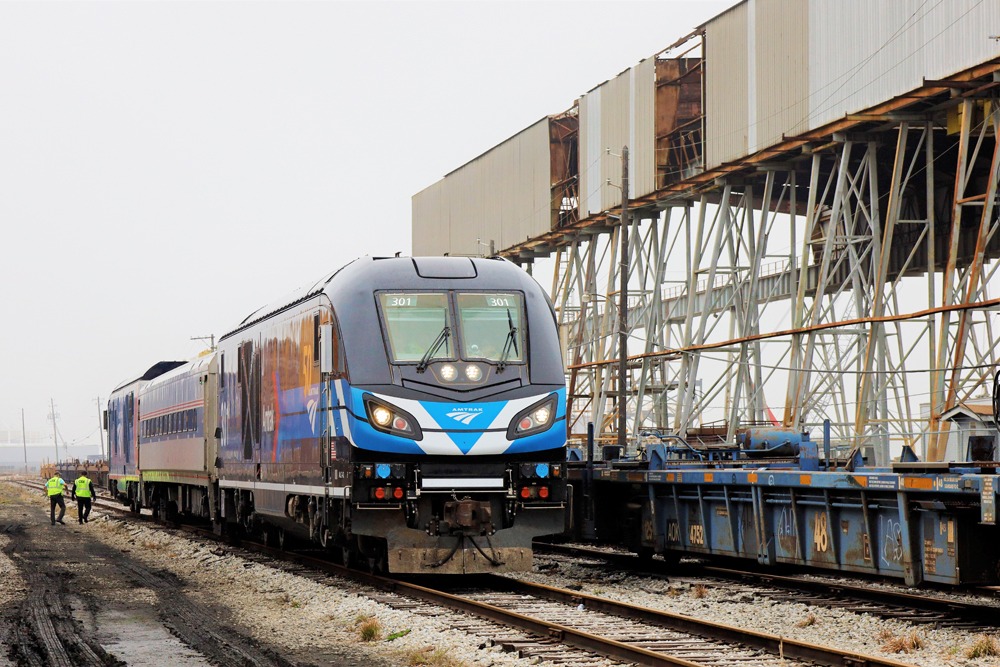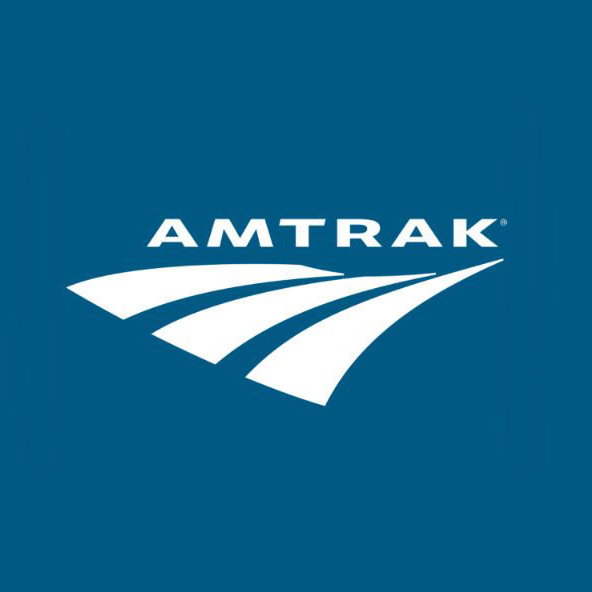
TOPEKA, Kan. — Kansas Attorney General Derek Schmidt has joined a group of officials from other states in asking the U.S. Supreme Court to review decisions that have prevented states from enacting or enforcing laws that limit the amount of time railroads can block grade crossings.
Eighteen other state attorneys general have joined a group led by Indiana Attorney General Theodore E. Rokita in requesting that the court hear an Ohio appeal of a state Supreme Court decision overturning that state’s law allowing fines for railroads that blocked crossings for more than five minutes, the Kansas City Star reports. The Ohio court ruled the law was preempted by federal law, as has been the case with similar rulings in other states.
In a press release, Schmidt said the group is asking the U.S. Supreme Court to clarify if indeed Congress granted the Surface Transportation Board sole jurisdiction over such matters regulating crossings. The states argue that rulings have misinterpreted the law which abolished the Interstate Commerce Commission, saying it established jurisdiction over matters such as rates and practices but is silent on the effort of safety.
The full amicus brief of the group is available here.














We wouldn’t be hearing about any of this if crossings were only being blocked 5 minutes. Or 10. Or 20. Or maybe even 30, on rare occasion.
I can’t speak for the nation or the world, but at least the itty bitty part of the world I do observe, the railroads block the crossings on a daily basis for 1-2 hours. Its a small town and unlike most, it actually has TWO overpasses, but tell me, how do all those big semi tractor trailer trucks turn around and make their way to the overpass? They just gonna back up the whole way? And the folks who walk? Do they count? The overpass is 6 blocks, each way.
Since I spent a career working the road on a class 1 and we either stayed off the crossings or cut them, I think the railroads are taking advantage of being able to do whatever they want without consequences. They just don’t seem to care. Finding a place to park off the crossings can be difficult and inconvenient and that was with regular length trains…I think many rail territories no longer have any places to park a train 10-15k feet long off the crossings.
I’m a railfan and do bitch about blocked crossings but Their is a bigger picture here than laws limiting how long a train can block a crossing. Most towns want to get rid of the railroad tracks running through there towns and cities. 99% of the time the railroads were there first and they were the reason those towns were started in the first place.
These towns also aren’t interested in any grade separation projects. In a great many cases many of these towns have their MAIN street paralleling less than 100 yards of the railroad tracts. The cross street someone proposes to build grade separation on is also a major thoroughfare. Everything looks good till they realize what type of property and how much of it is need. Example: a near by town did everything to line up a separation project. Then they held a community meeting on said project. Everything fell apart afterwards. Business owners suddenly realized that if built the separation project would leave their businesses isolated at best or bulldozed all together. “ALL” the business affected in the area threatened to move (away from town limits) Town folded when it realized it would loose a couple hundred thousand dollars is sales tat base. At the same time these same business are bitching about the long slow trains moving though the town. It’s a no win situation.
As to the 5 minute time limit. That’s very subjective. What’s to say in a few years a town wants to change it to 4 minutes, then 3, and so on. No one will ever be totally happy.
The railroads through the STB then should counter sue that the states be held liable for massive lawsuits any time a car or truck blocks a crossing and is hit by a train then!
My prediction- within 5 years Congress will take up this issue and establish a nationwide standard. The C1’s will hate it, but the public is tired of being abused by the RR’s, with blocked crossings, etc.
The courts really need to do something on blocking crossings that with the advent of super long trains has really become a problem. Common sense is lacking in court decisions of blocked crossings.
Common sense says if the cities do not like it then pony up the money for grade separations, otherwise jurisdiction over RAILROAD safety is with both the STB and FRA, not the cities.
They might not like the outcome…because the next agency that would be in charge the safety of RAILROAD grade crossings would be the FRA.